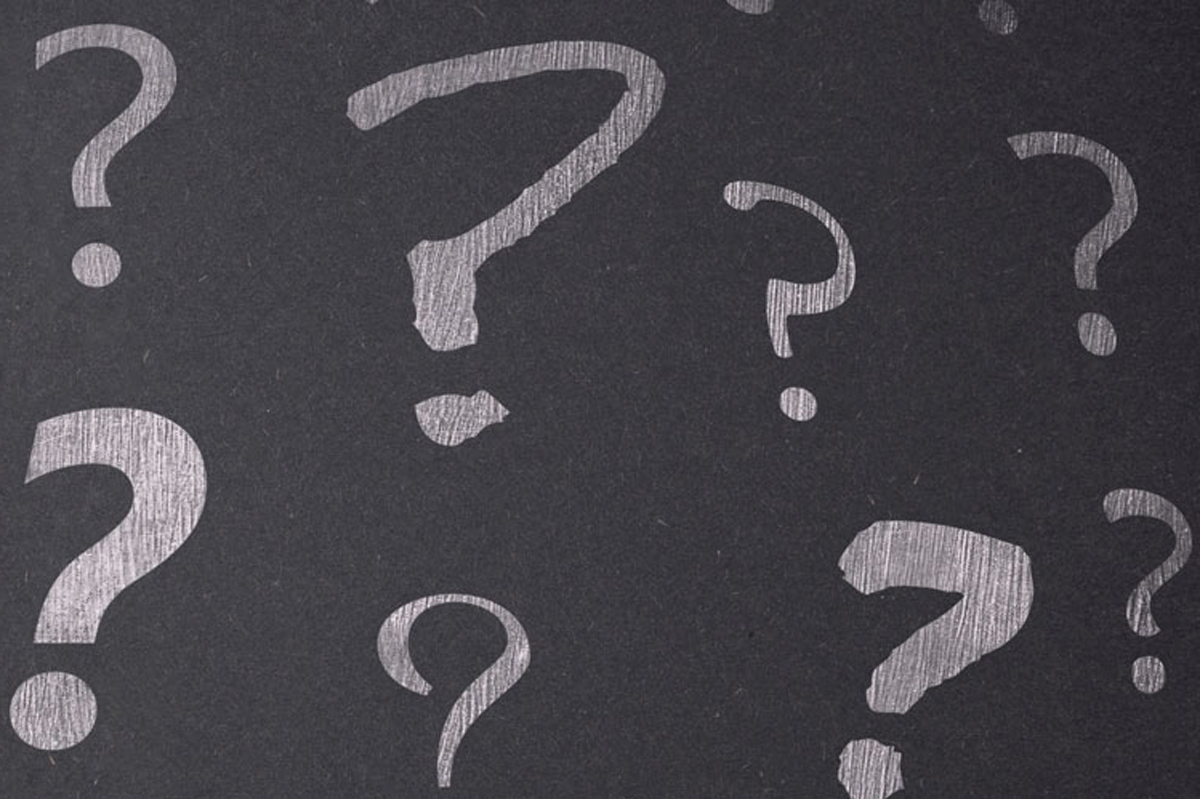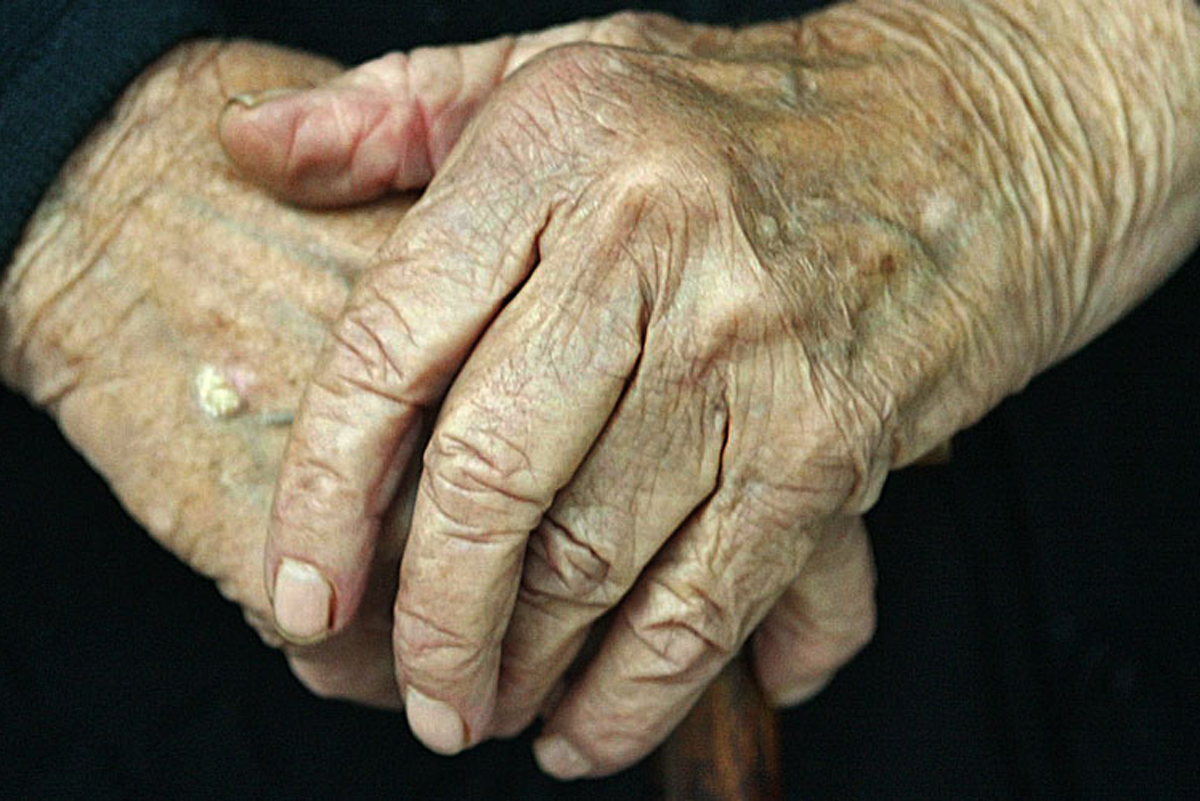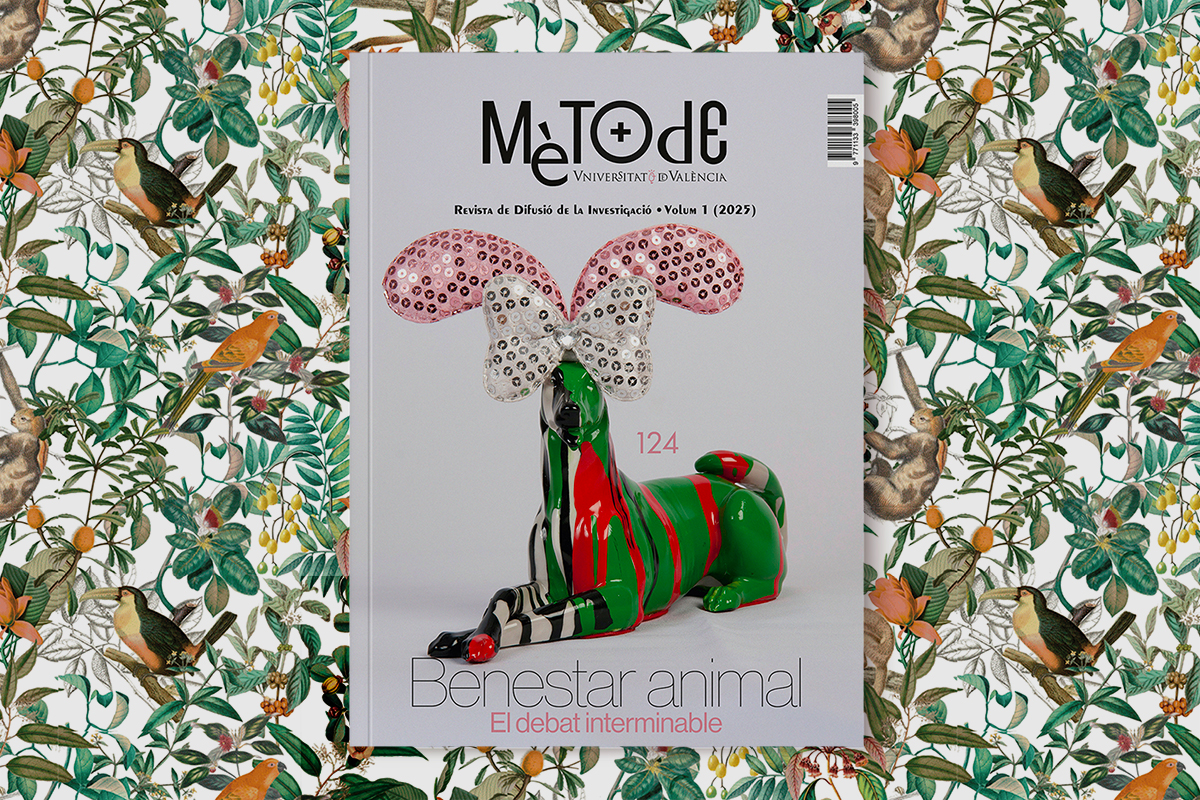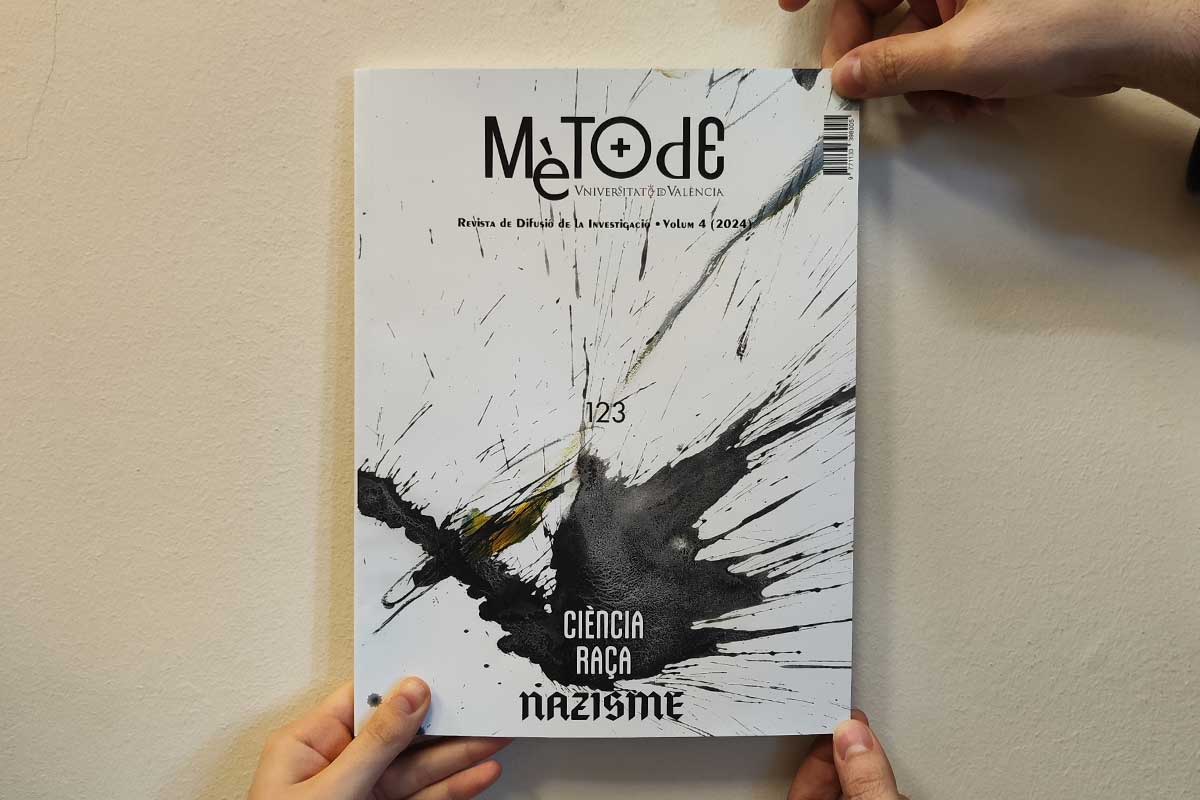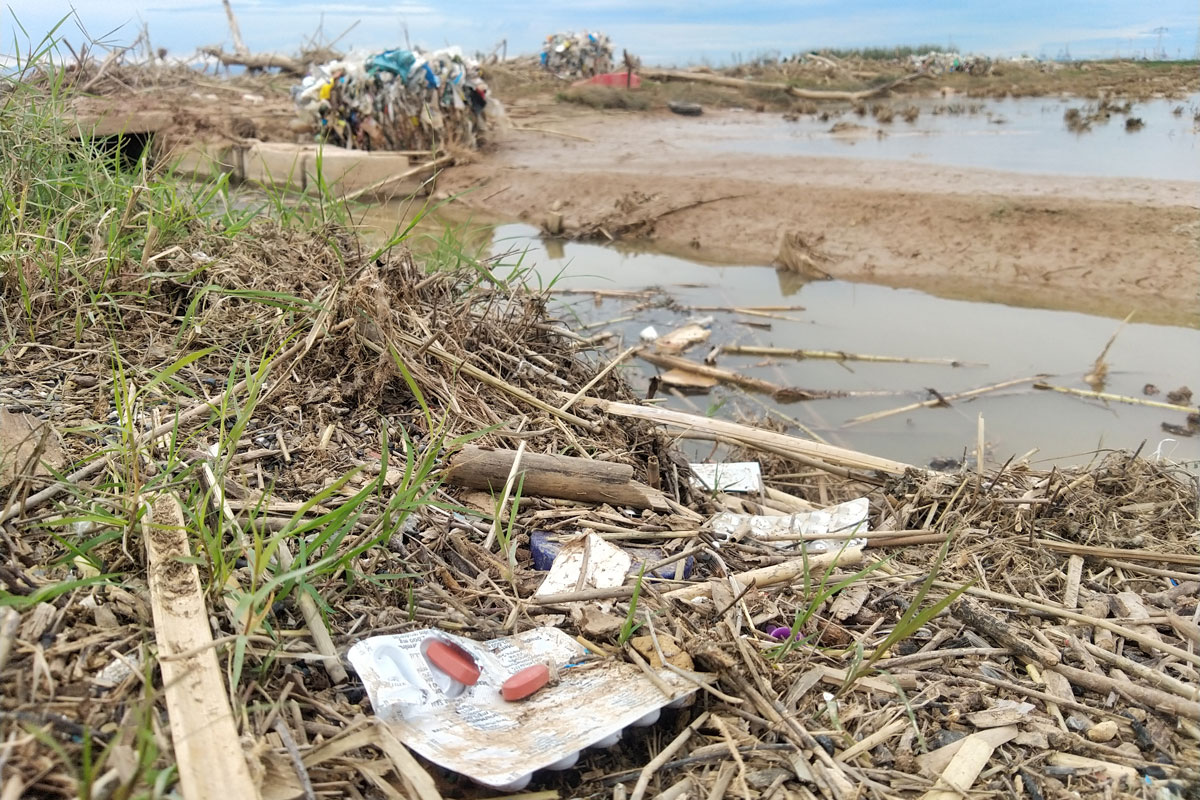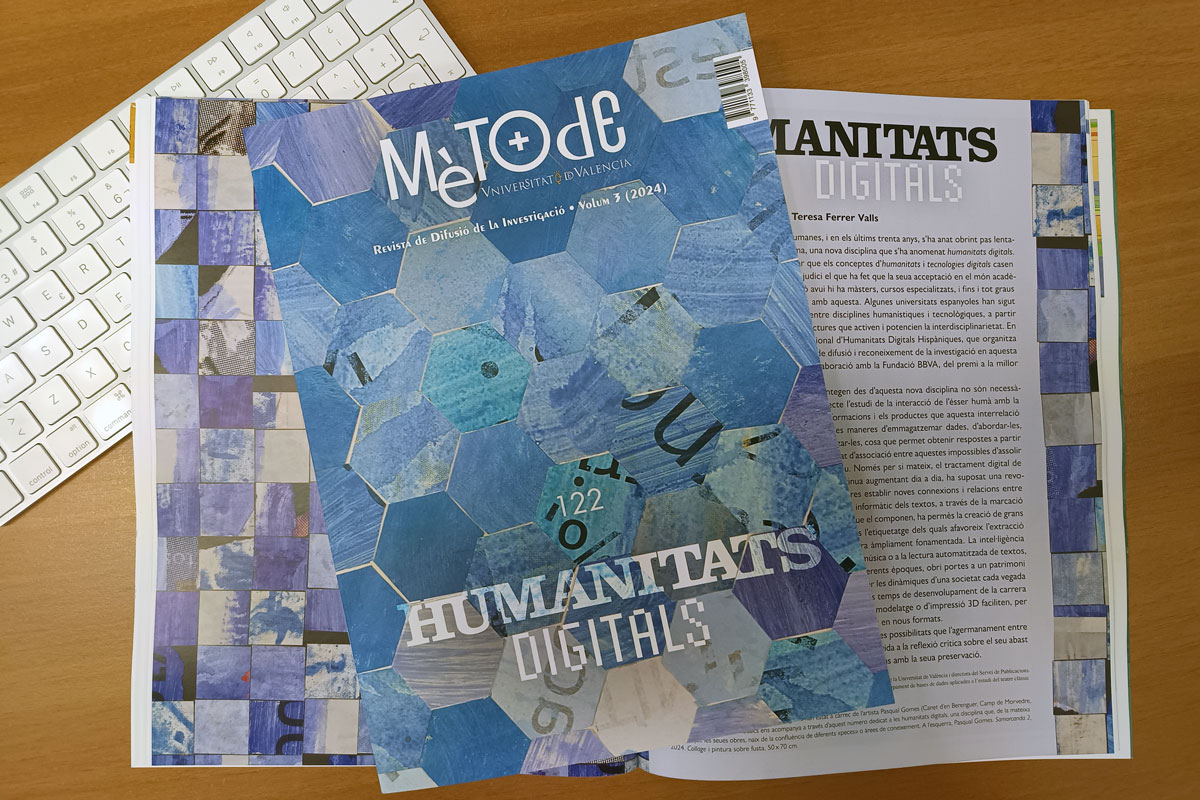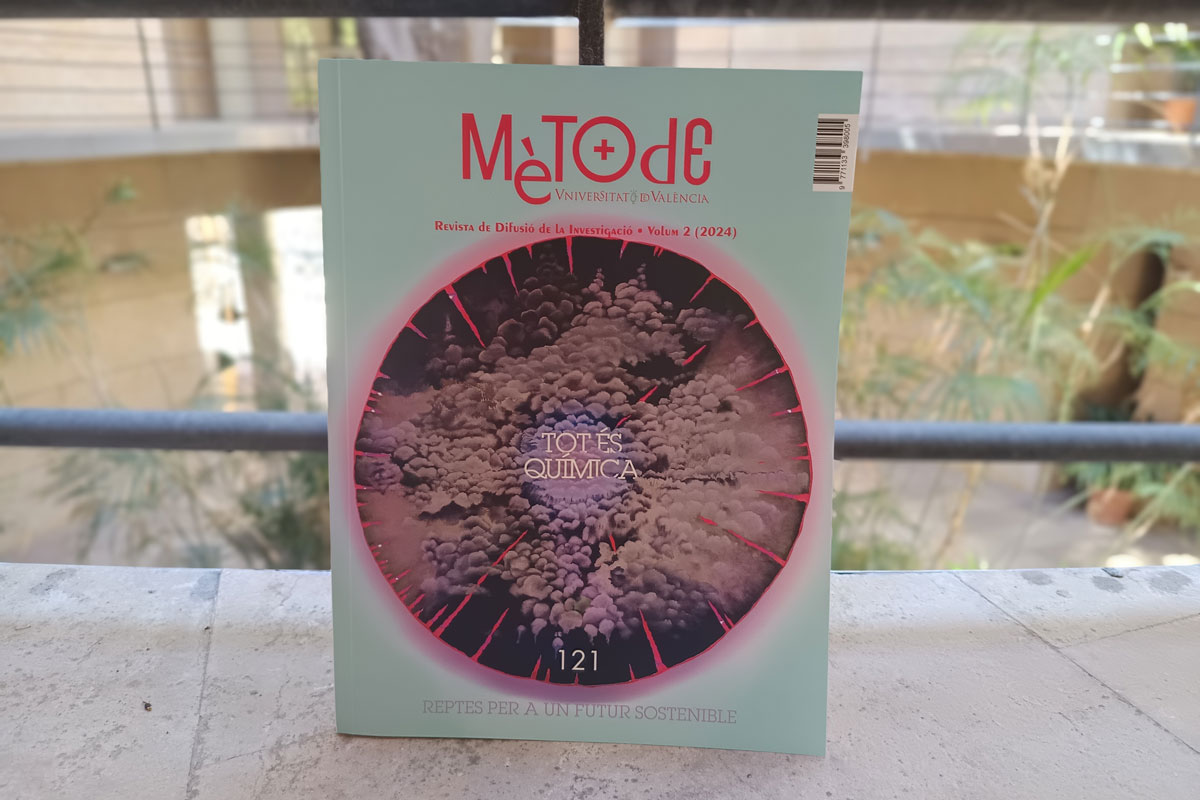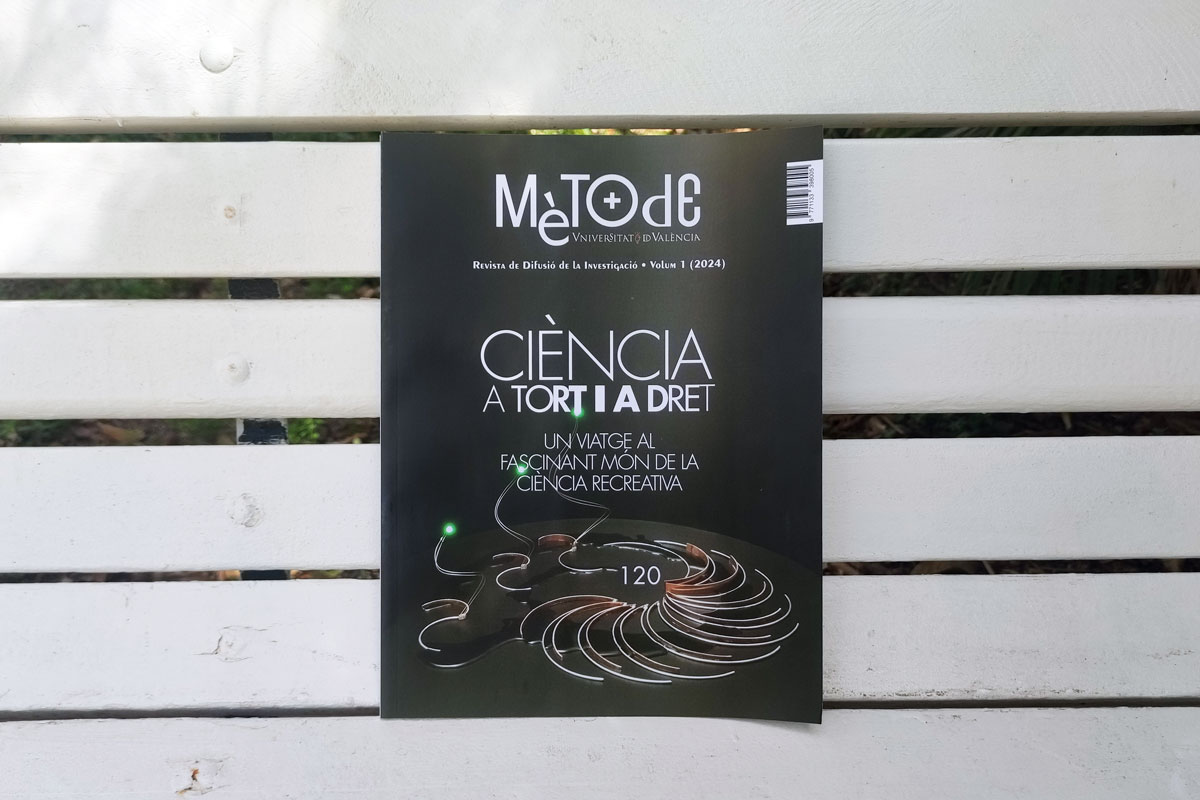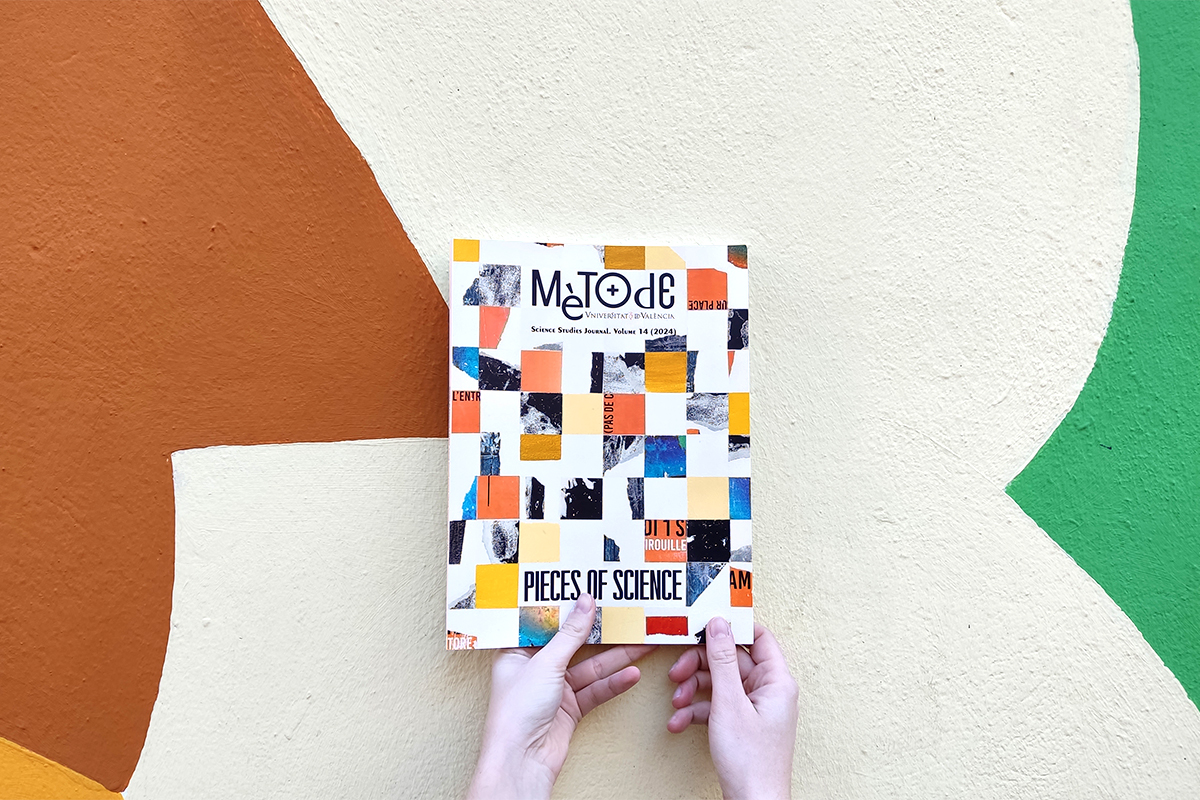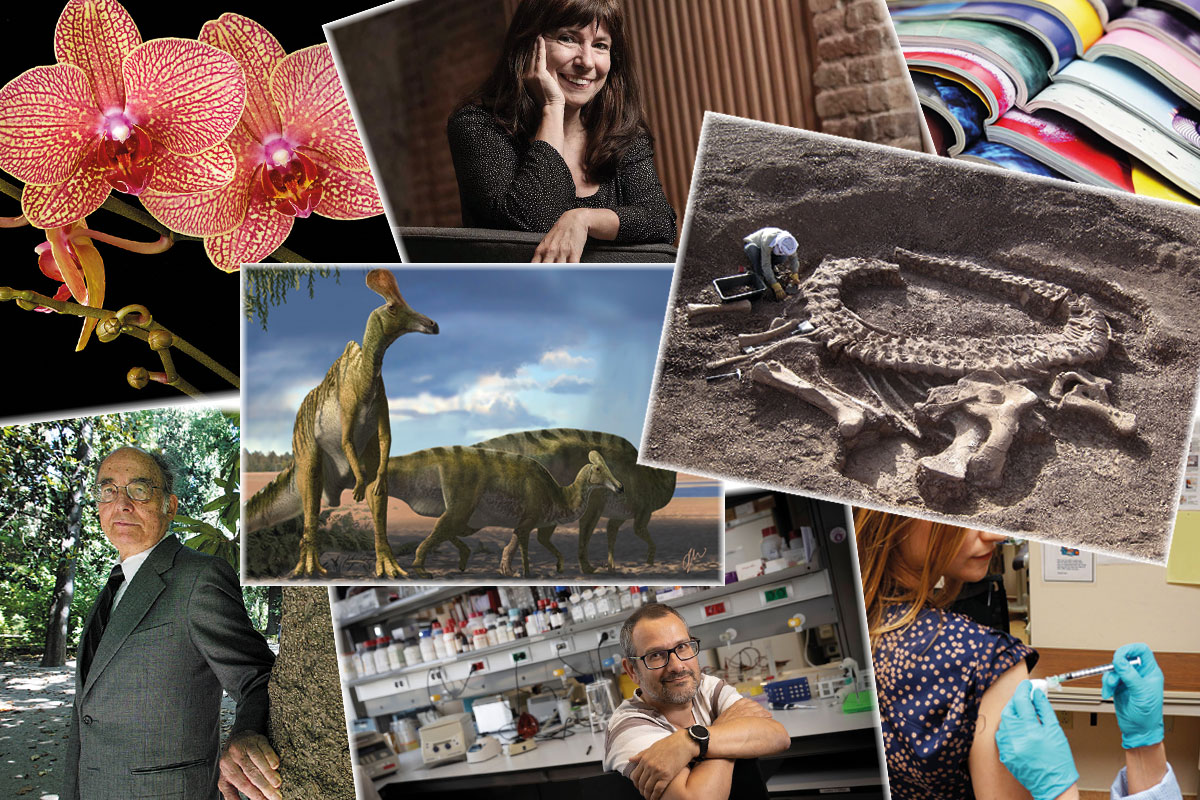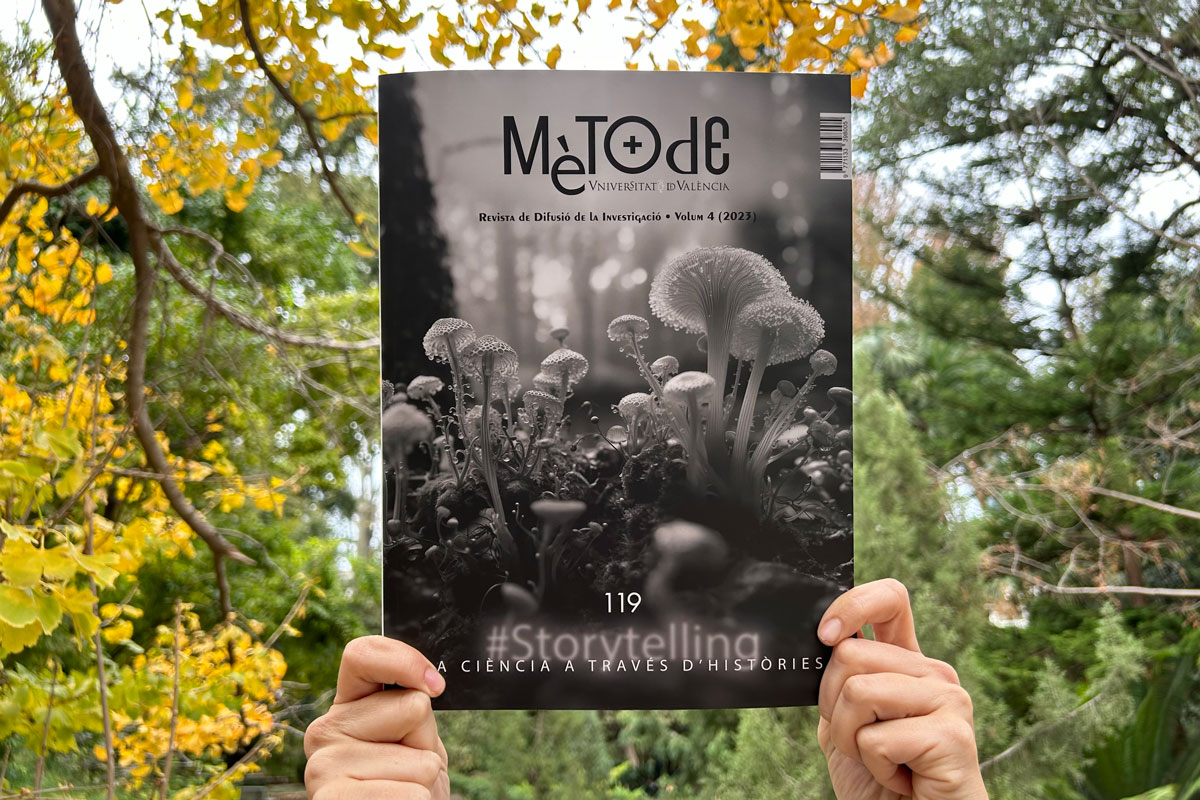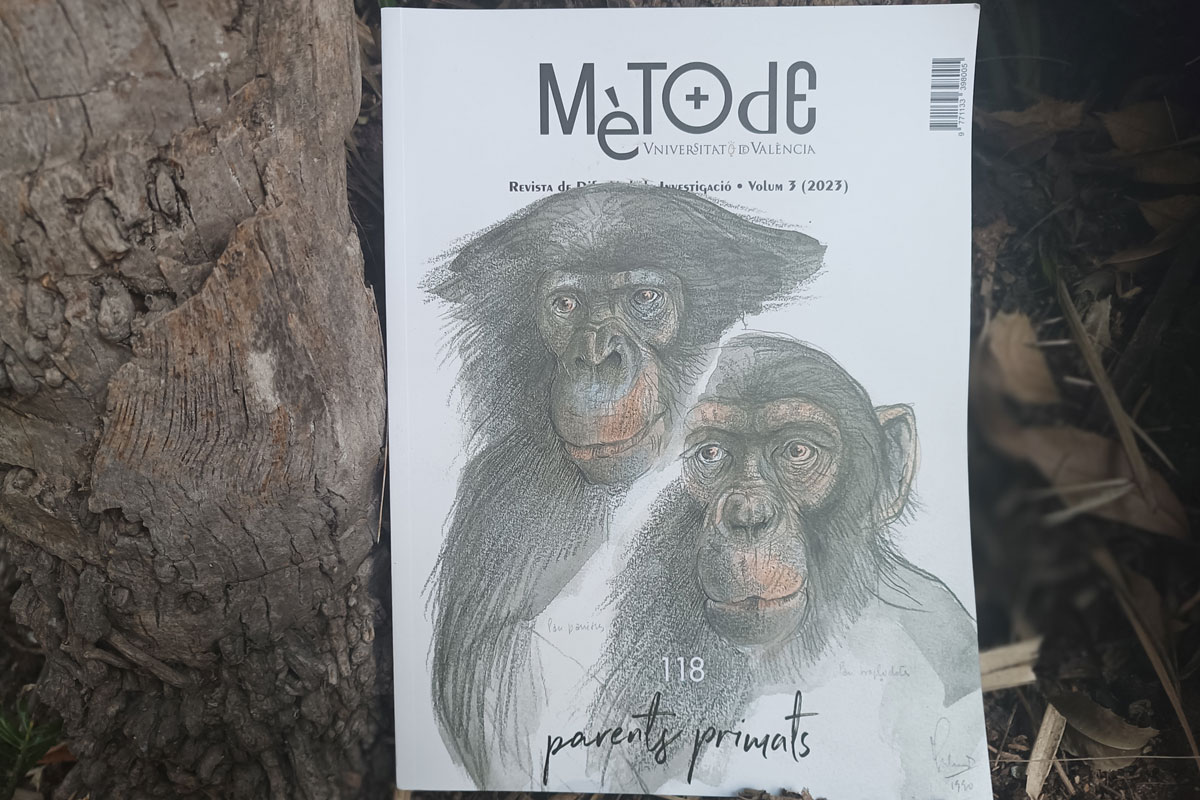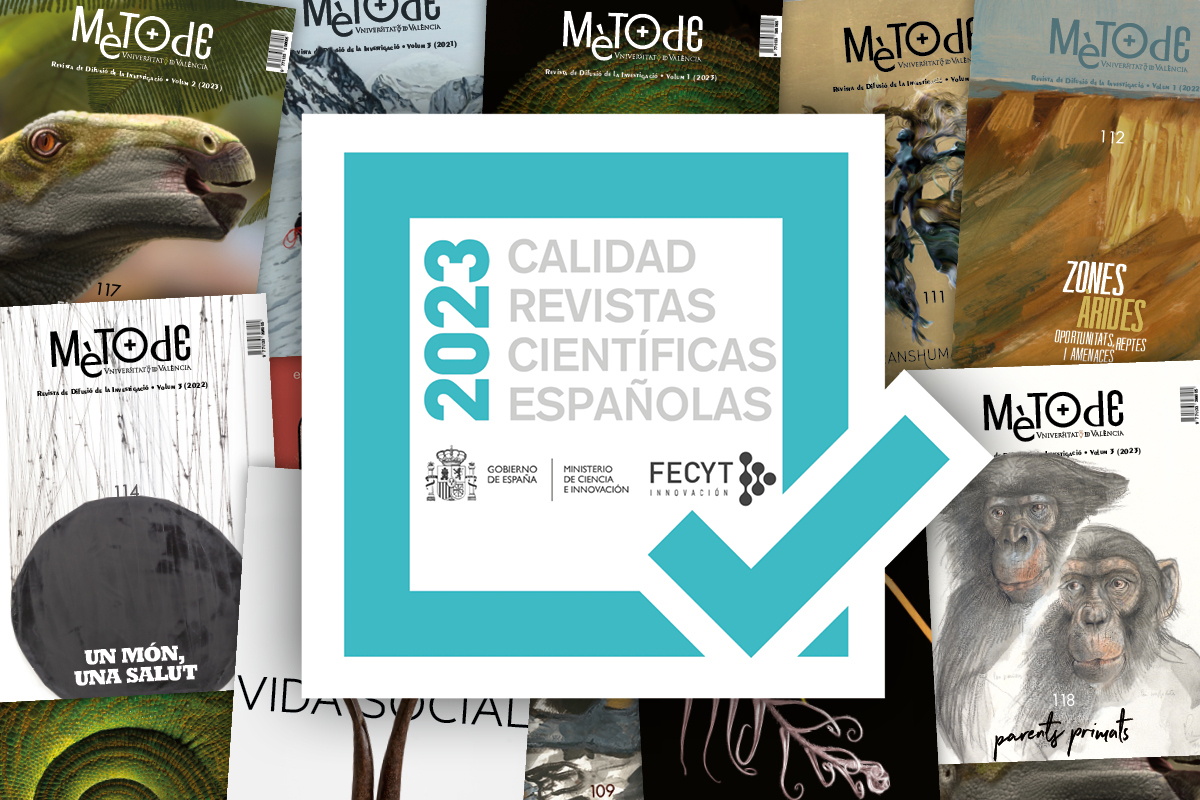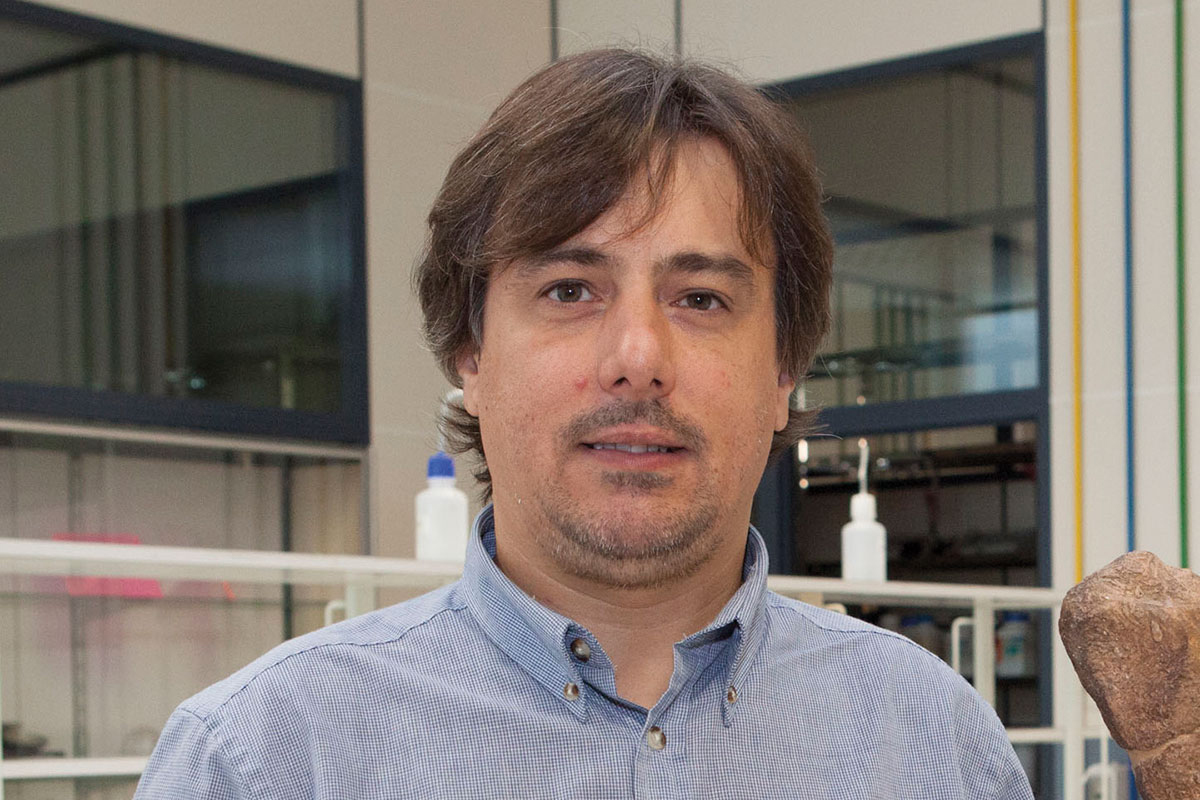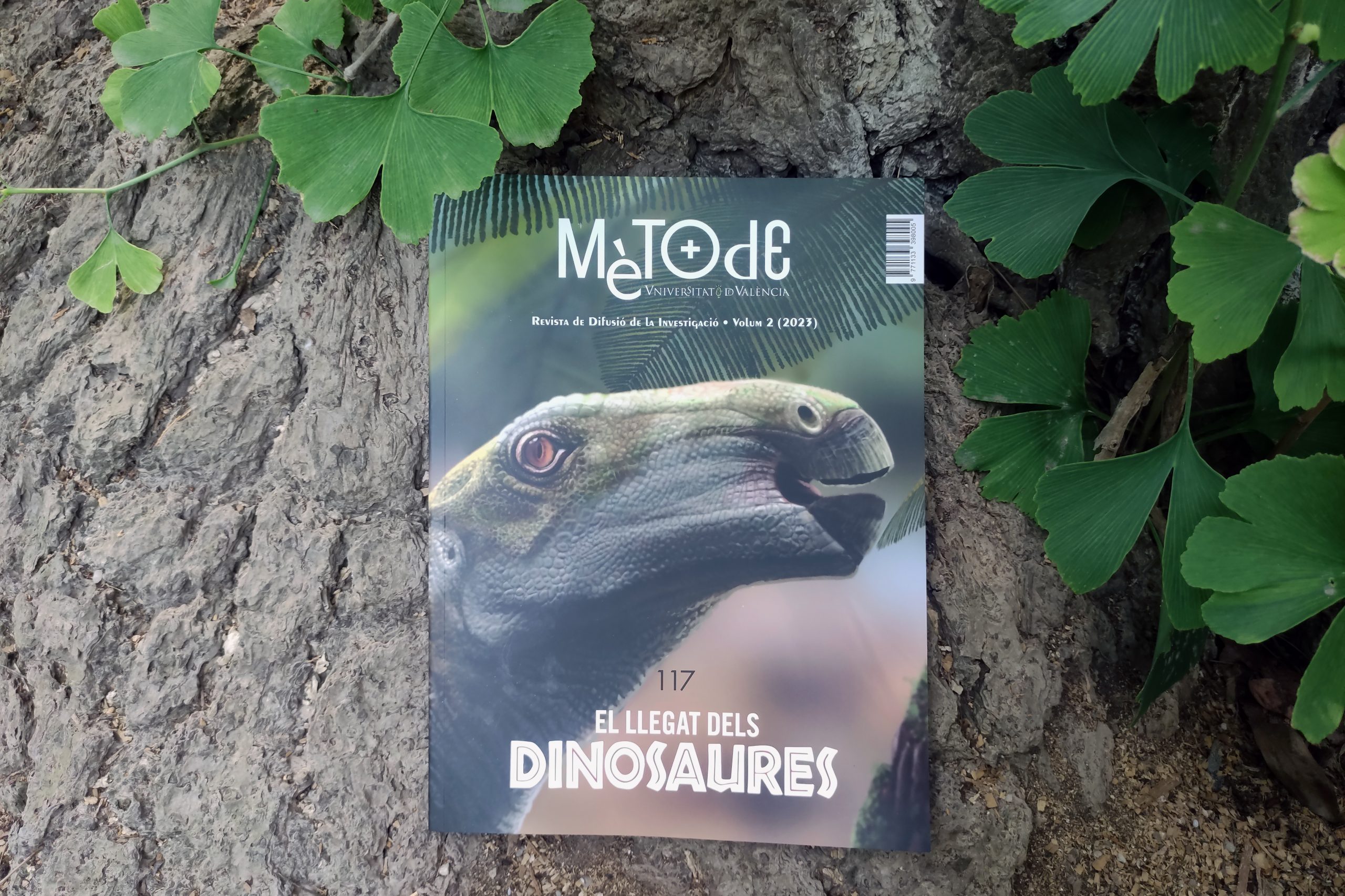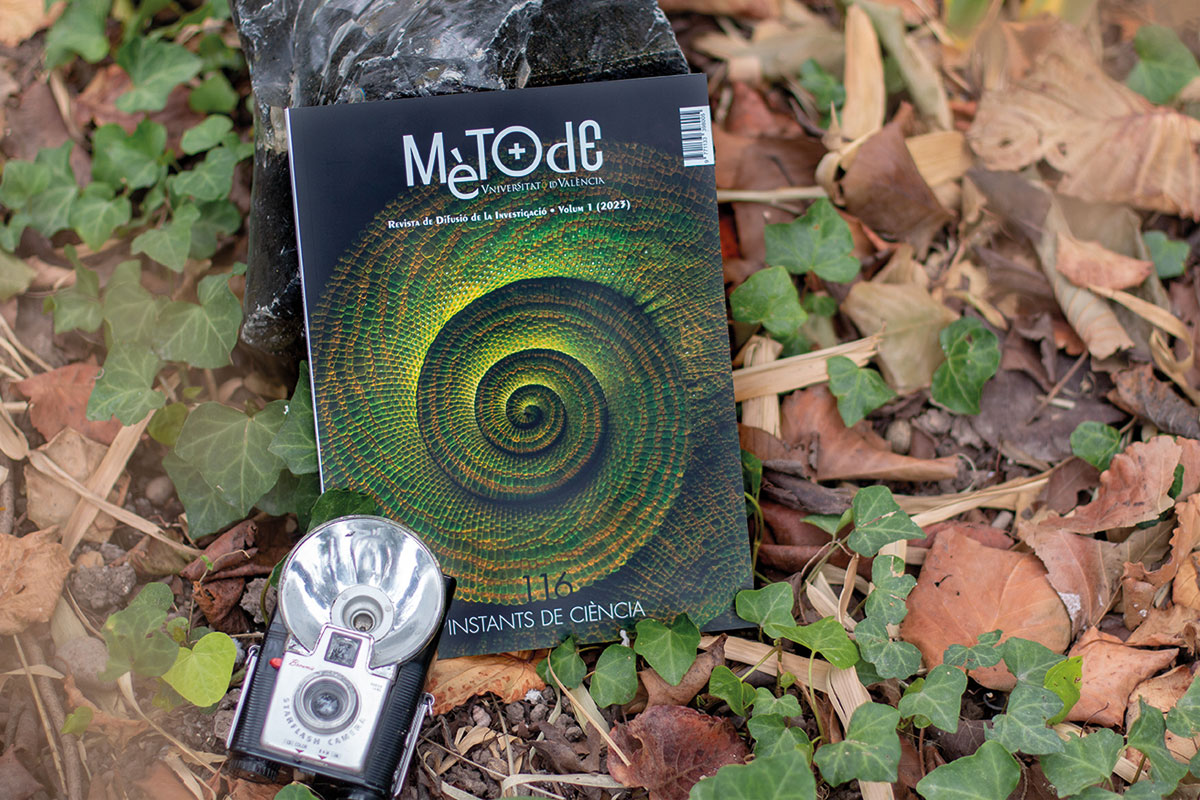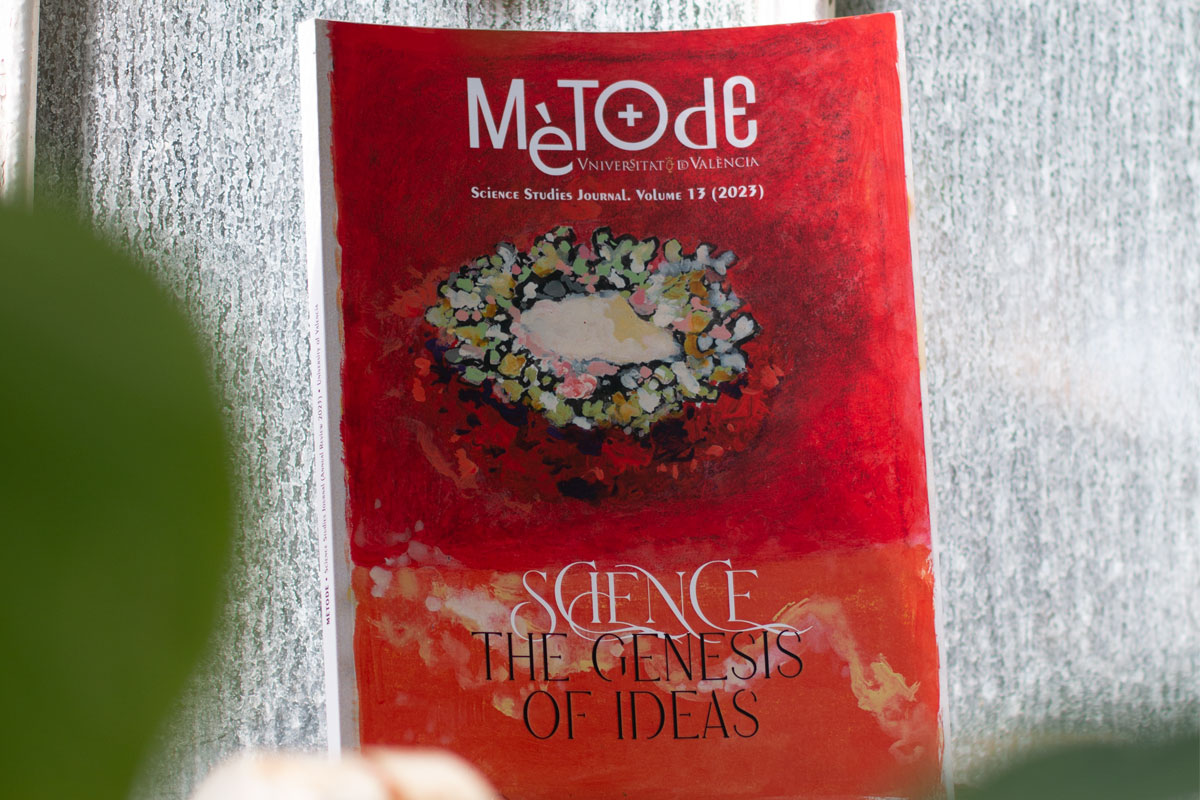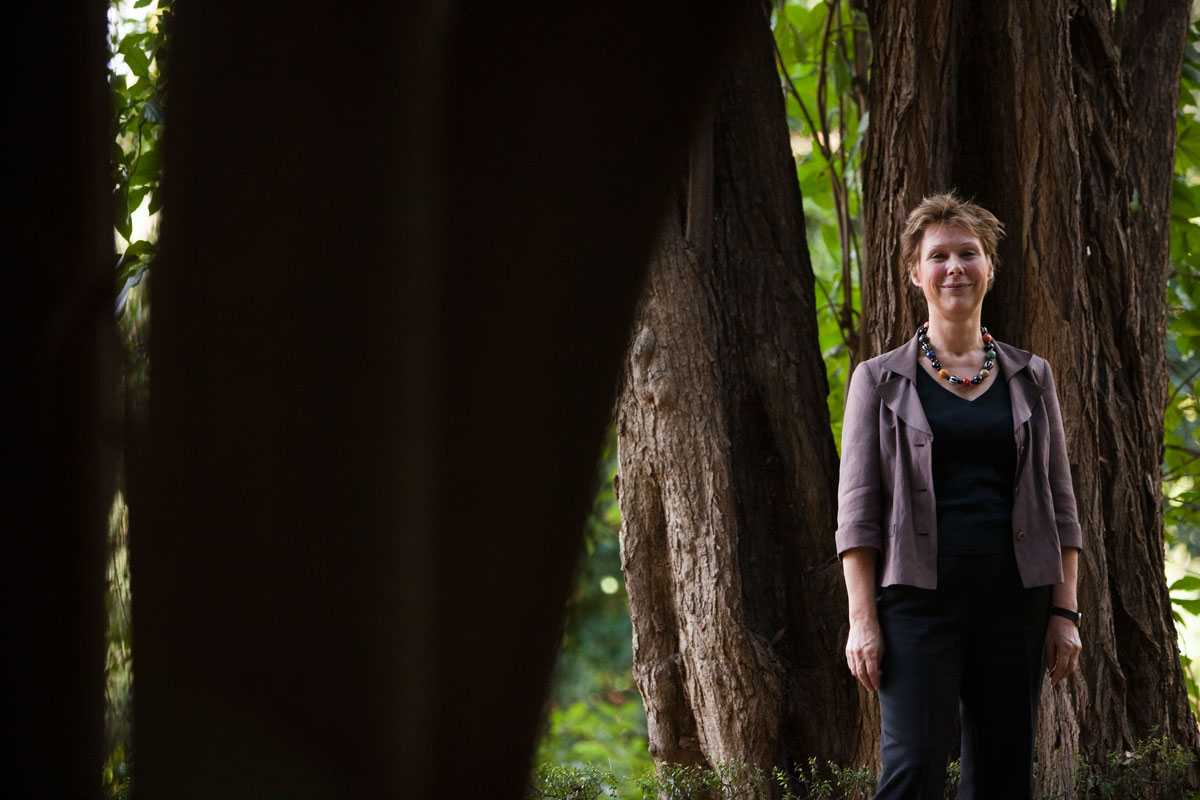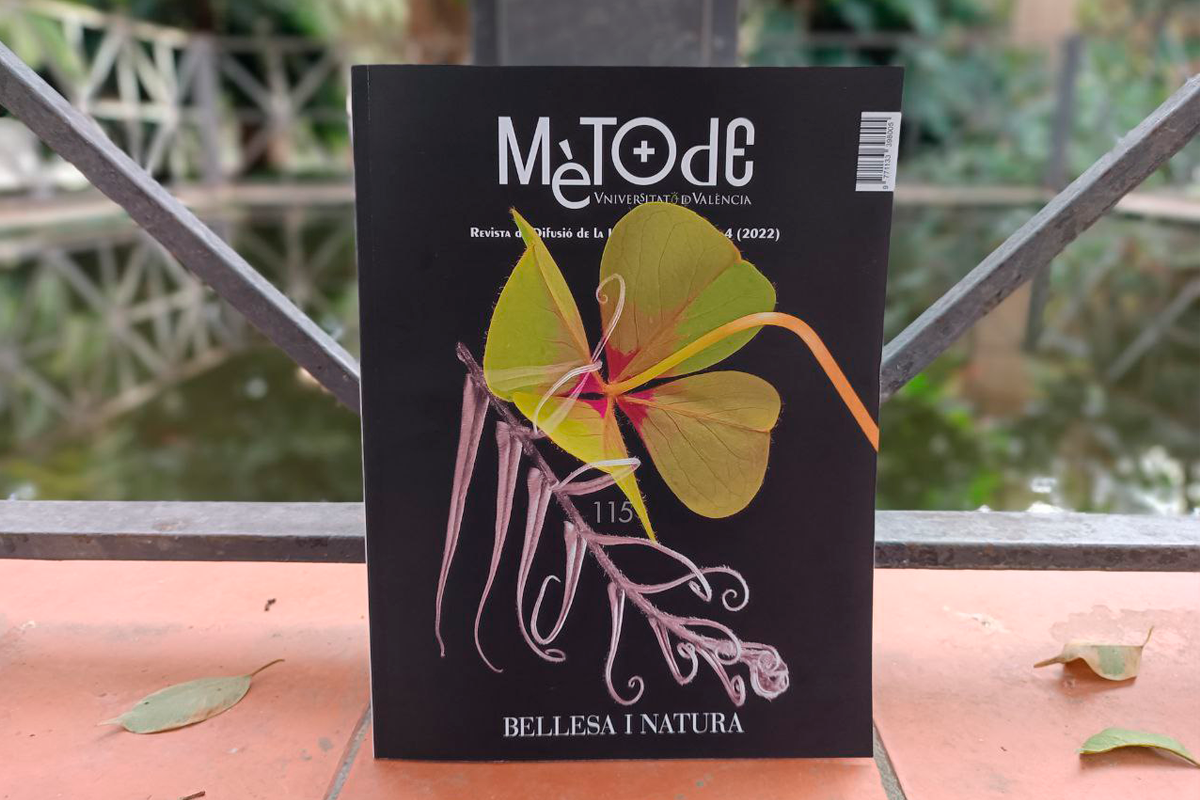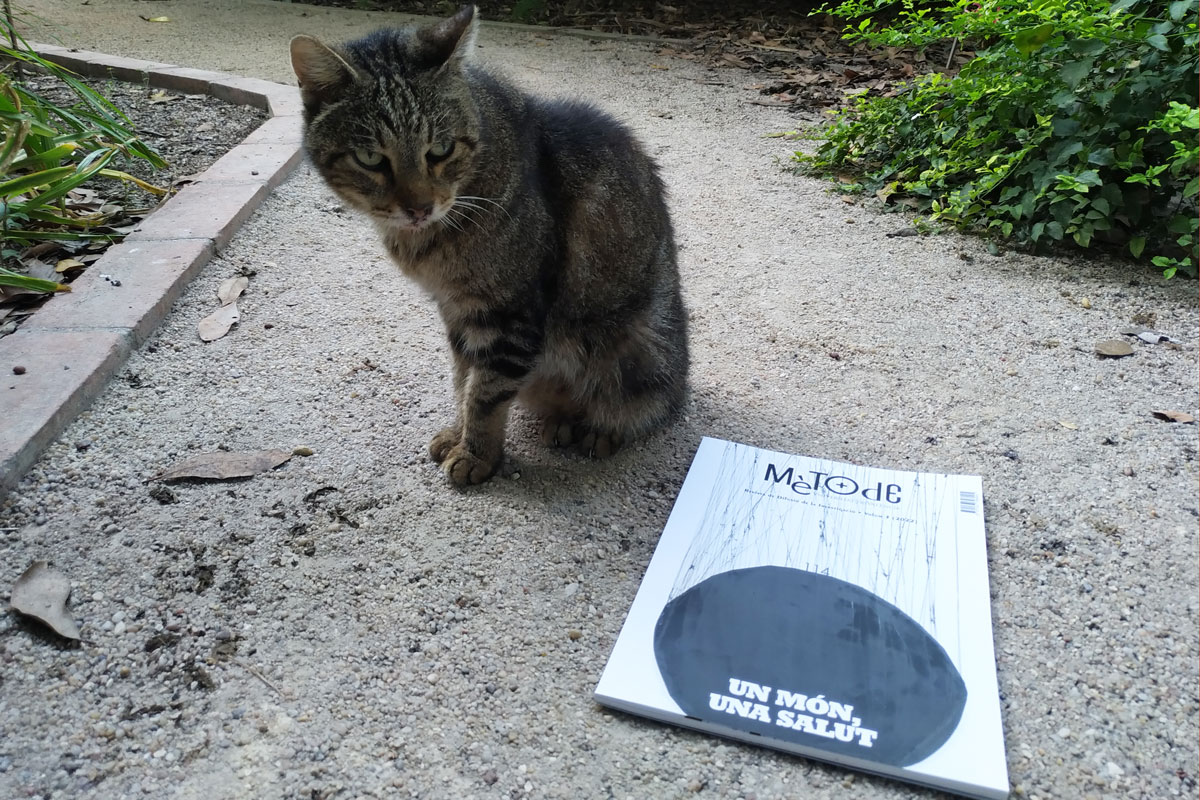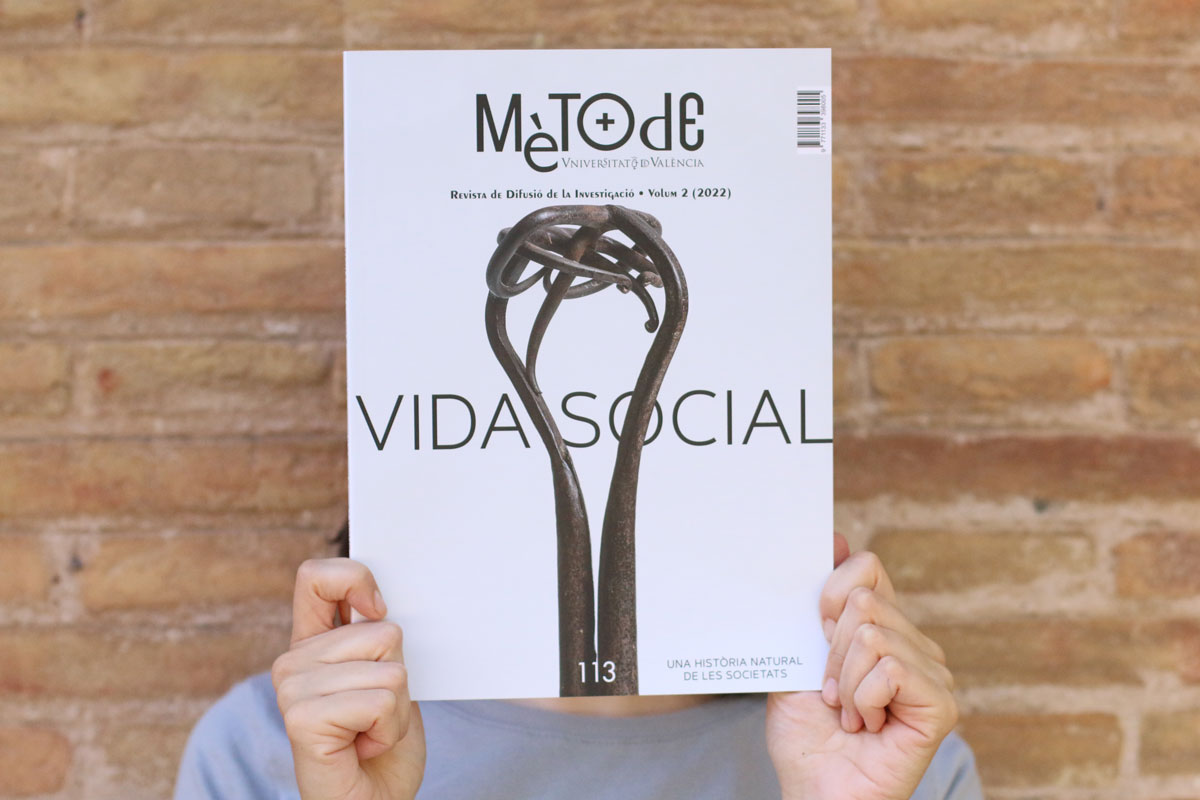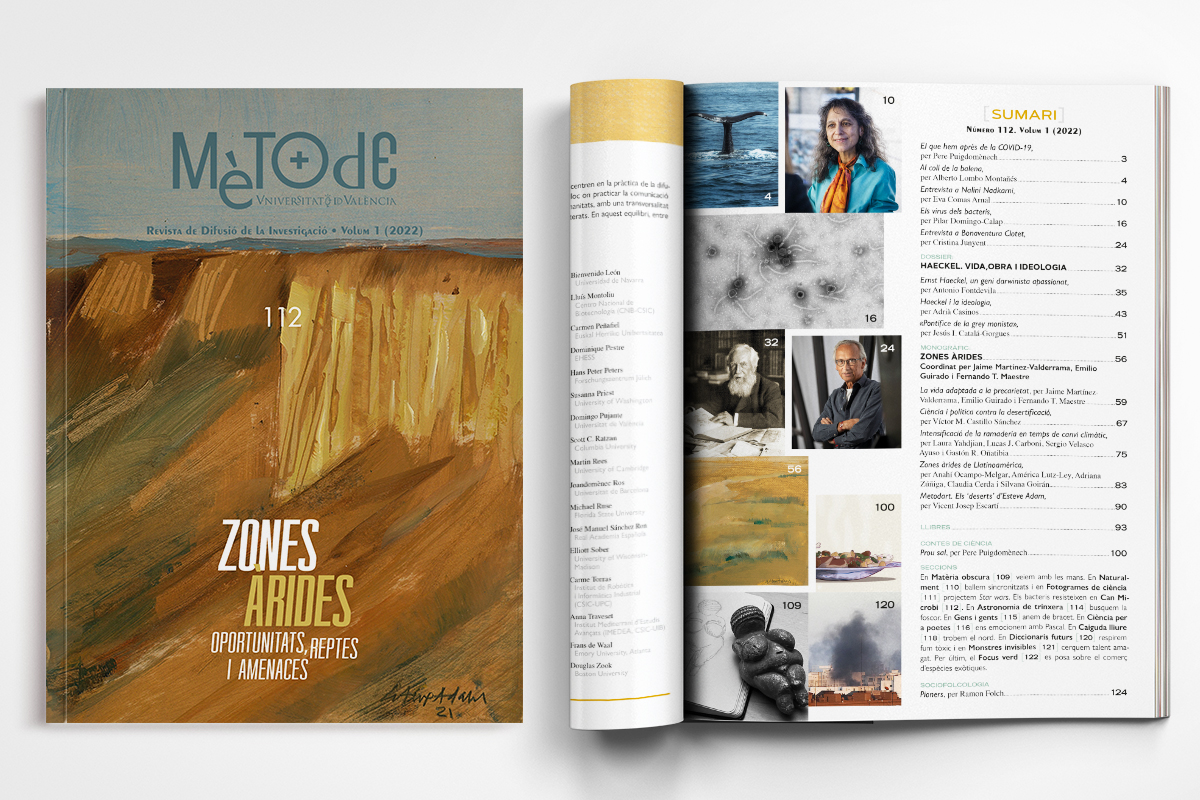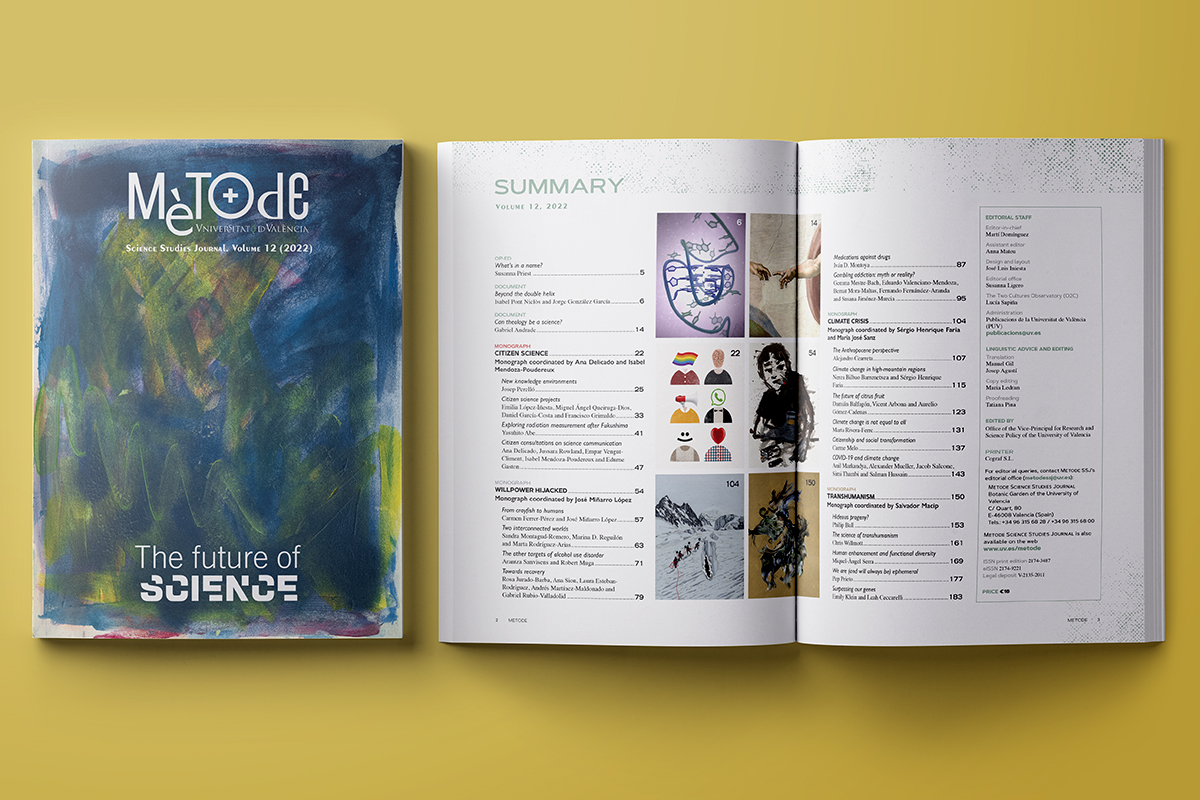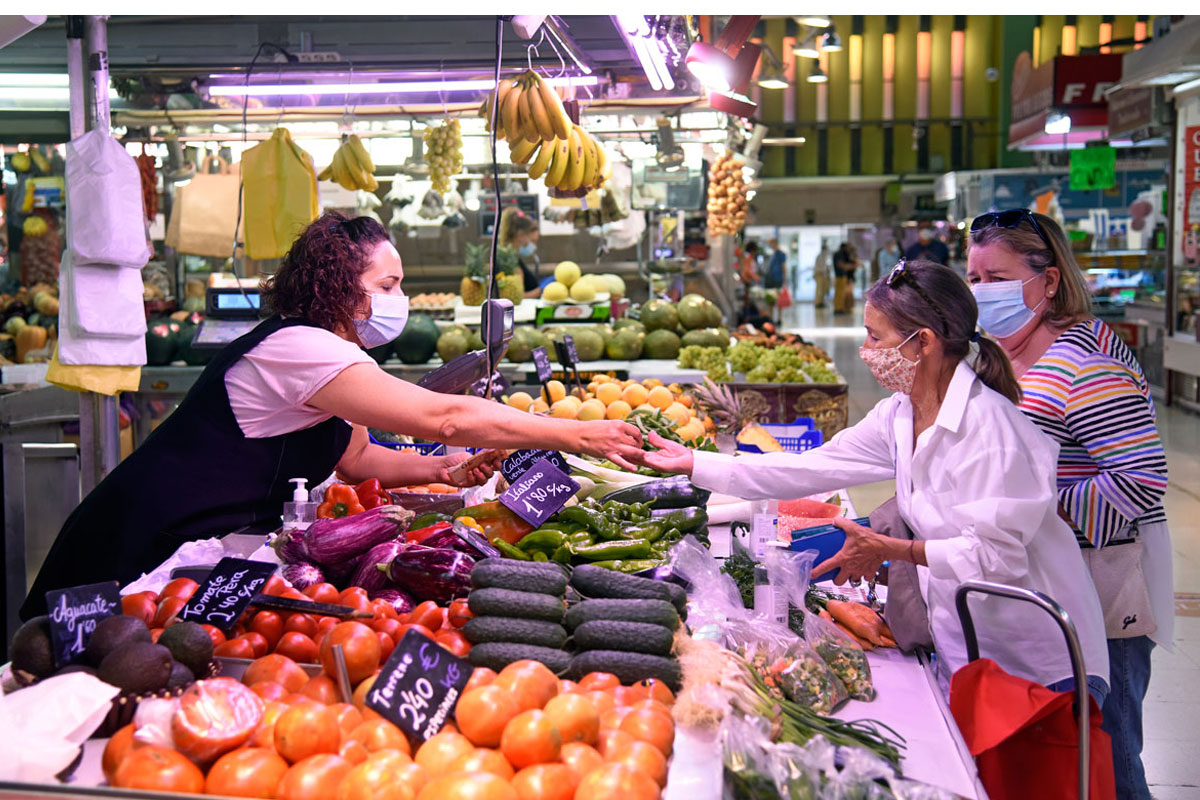Search
Open call for papers on the challenges posed by the attempt to develop critical thinking. Deadline for submission: 15 September 2025.
Open call for papers on the he challenge of an ageing society. Deadline for submission: 15 June 2025.
The new Mètode monograph analyses our relationship with non-human animals and their wellbeing.
Issue 123 explores the connections between science and National Socialism in a current context in which xenophobic and authoritarian discourse is re-emerging.
The storm have affected the natural areas of the province of Valencia, such as La Albufera, and have left them in a delicate situation.
Issue 122 of Metode analyses the role of data science and artificial intelligence in the study and research of humanities.
Issue 121 of Mètode looks at the role of chemistry in contributing to a more sustainable future by improving production processes and recovering and reusing materials.
Mètode monograph 120 explores recreational science as a playful way of popularising science and engaging the public's curiosity.
Volume 14 of this English-language publication brings together the monographs published in 2023 on topics as diverse as scientific and nature photography, dinosaurs, primates and storytelling in science.
As the year draws to a close, we at Mètode have compiled the ten most read articles of 2023. We hope you enjoy reading them and thank you for your continued support!
The new Metode monograph, coordinated by Bienvenido León, focuses on storytelling as a tool for science communication.
Monograph 118 is devoted to the study of cognitive and behavioural processes in primates.
This seal identifies Spanish scientific publications that meet a series of internationally recognised requirements of professionalism and has become one of the main indicators of the quality of scientific journals in Spain.
«At the Maestrat basin, we have discovered dinosaurs that did not exist anywhere else in the world»
Interview with Andrés Santos-Cubedo
Interview with Andrés Santos-Cubedo, one of the members of the team that participated in the discovery of a new dinosaur in Cinctorres.
Issue 117 of the journal Metode, coordinated by palaeontologist Luis Alcalá, focuses on dinosaur research, from local sites to current global knowledge.
Issue 116 of Mètode, the scientific communication journal published by the University of Valencia, is dedicated to photography and the prominent role it has played in understanding and protecting nature.
Science: The genesis of ideas is the title of 2023's Metode Science Studies Journal volume, born from curiosity for the world around us and the need to keep asking new questions.
On Darwin Day, we look at some aspects of the biography of the English naturalist with historian of science Janet Browne.
The new Metode monograph analyses the relationship between beauty and nature from different scientific perspectives.
The One Health concept is based on the idea that the well-being of animals, people, and ecosystems is intimately linked.
What is the role of cooperation in our evolution? Why do we have social norms? How did cities come into existence? How has civilisation been shaped by the way we feed ourselves? These and others are the questions answered in the new issue of the journal Mètode, «Vida social».
Desertification, overexploitation, or soil degradation are some of the topics addressed in this new monograph on the current state of the world's drylands.
The future of science is the title of the 2022 volume of Mètode Science Studies Journal. Citizen science, addictions, the climate crisis, and transhumanism are the protagonists of this new volume, which vindicates the importance of science that looks to the future without forgetting the challenges of the present.
FISABIO researcher Alma Bracho and doctor and researcher Salvador Macip analyse what we know about the omicron coronavirus variant.

